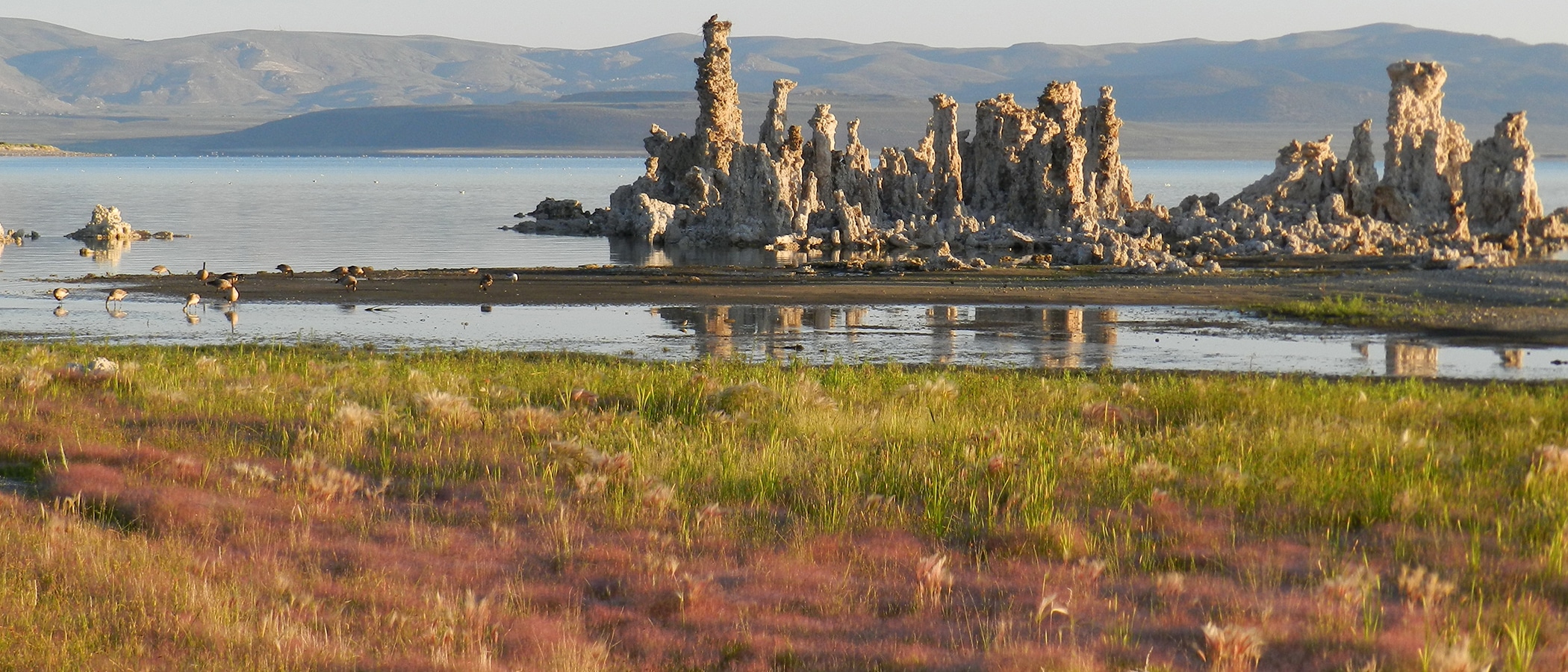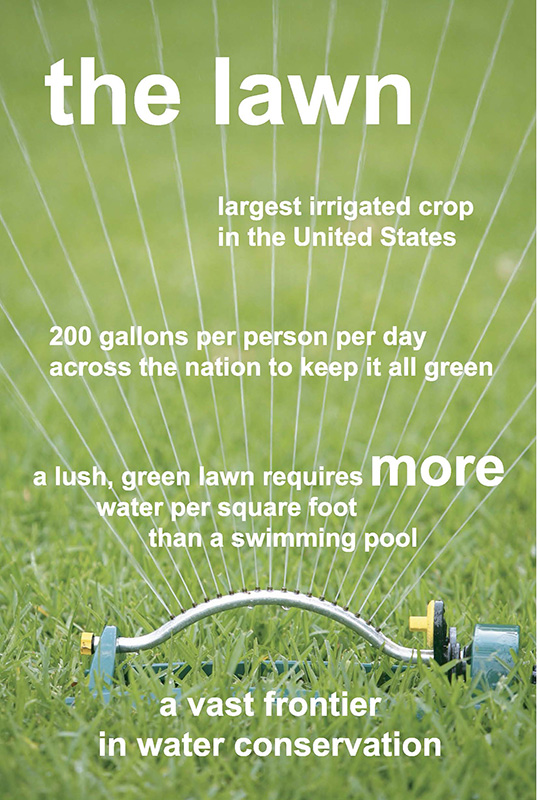
 If you’re a Los Angeles Department of Water & Power (DWP) residential customer and you have a lawn, now is your chance to cash in and conserve water. Currently, DWP is offering $3 per square foot of lawn if you replace your thirsty grass with California friendly plants.
If you’re a Los Angeles Department of Water & Power (DWP) residential customer and you have a lawn, now is your chance to cash in and conserve water. Currently, DWP is offering $3 per square foot of lawn if you replace your thirsty grass with California friendly plants.
DWP’s “Cash In Your Lawn” incentive is the largest for any major US city, and is twice the amount that Las Vegas offers its customers. There is no competition here—both cities are serious about water conservation and recycling and have a track record of moving in the right direction when it comes to urban water efficiency. However, three dollars a square foot (up from two dollars) demonstrates a new level of commitment that DWP is willing to go to further for conservation after three very dry years.
By some measures, this is the worst drought in the history of California, and there has never been a better time or reason to transform your lawn into a beautifully, drought-tolerant landscape. Lawns are an ecological anomaly in North America, and not consistent with the hydrologic landscape of California. In Los Angeles, about half of all potable water used in the city is consumed by outdoor watering.
There is no denying the cultural and economic value of lawns—they represent the largest irrigated crop in the United States—but there is much to vilify and extol when it comes to lawns. This is not a campaign to eliminate lawns. However, for many California residents, a lawn’s cultural value is changing with its increasing economic and ecologically unsustainable cost.
Check out more information on DWP’s Cash in Your Lawn incentive.

Suggestion: Perhaps show photos of alternative xerscape yards to replace lawns.
Here in Glendale, which is mainly Colorado River water, we are fined daily if we have brown lawns until we start to water again.